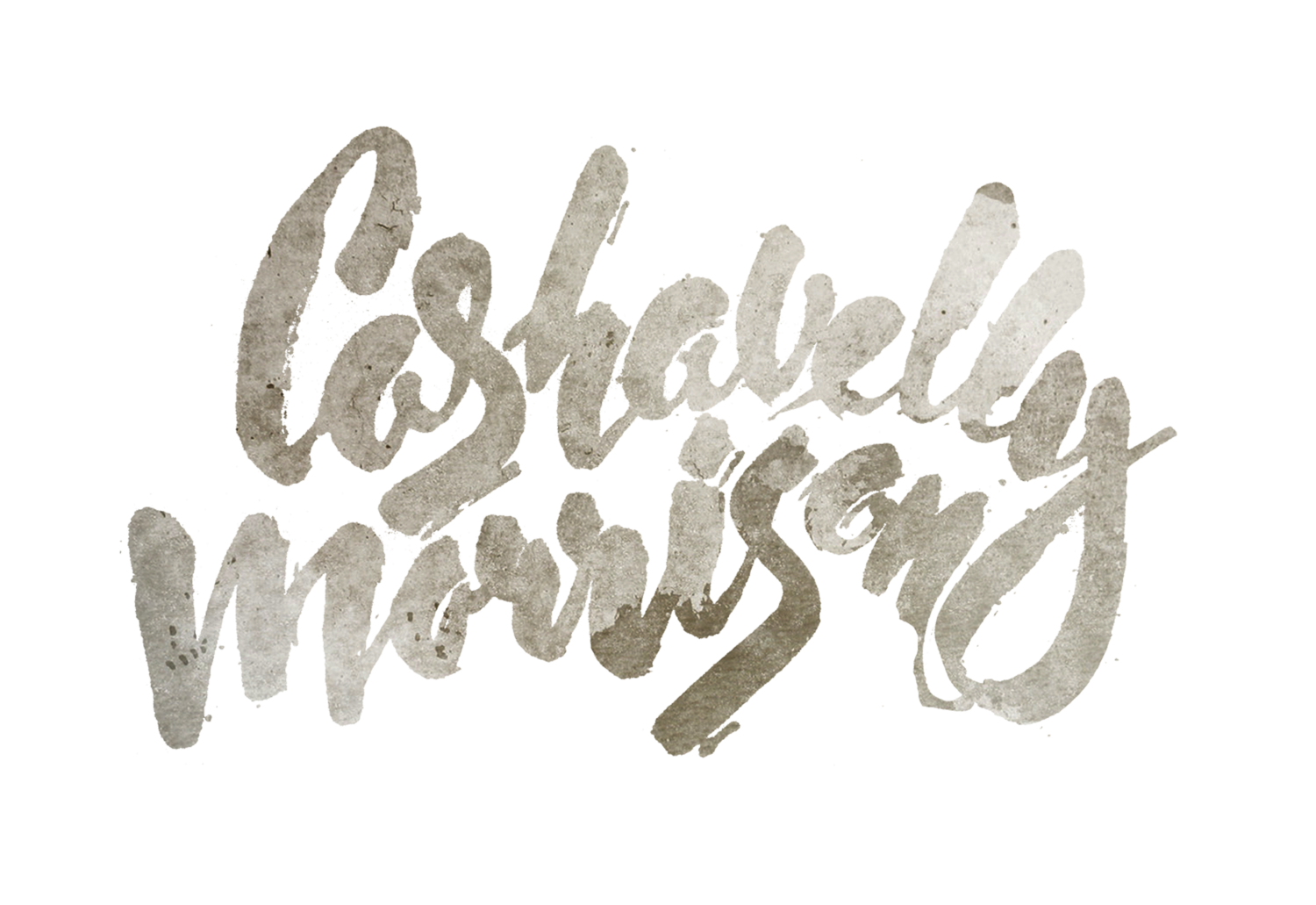Inspired by the voices of the victims' families today forgiving Dylann Roof, Ryan and I wrote this today.
When a person criticizes, blames, or shows contempt for another person, he is destroying trust and safety in the relationship. For some, these wrathful behaviors escalate into violence, domestic abuse, murder, or terrorism. In this relationship, the abused person has to minimize himself and behave in a way to control the behavior of the abuser. This is not compliance or manipulation, but rather it’s self-monitoring to make the environment safer and more predictable in order to survive. In America, Black women, men, and children have always had to monitor themselves to attempt to avoid the repercussions of a collective, abusive white culture. We now know from videos taken by bystanders that Black Americans have not just been abused by law enforcement, they have been murdered, in some cases just for moving in a way that irked an officer. And this week in Charleston, Black people were murdered for merely existing. They were hunted and killed as if their existence threatens the survival of their white counterparts.
Oppressors believe their contempt for the oppressed is a static truth. In Dylann Roof’s case, his contempt gives him a purpose, a reason to feel righteous, and a feeling of significance that he cannot forge through his own merits, but only by degrading or destroying the merits and lives of others. His contempt for Black Americans is what he uses as a distraction or antidote to his own self-hatred. If he can blame these difficult feelings on others, he believes he is safe and invulnerable from all the pain of his wretched reality.
But the contempt he feels is not enough. He believes that the validity of his perceptions—his righteous indignation and contempt—rest upon other people being wrong or invalid in their perceptions that disagree with his. For Dylann Roof, white supremacy cannot exist at the same time as equality for all. The fact that Black Americans at a church can be free, happy, loving, and kind—something he does not have—is the ultimate threat to his distorted internal world. It weakens the shield masking his self-hatred. He must prove that he is superior and Blacks are inferior. He must make judgments and assumptions about them rather than know them, receive their kindness, and examine his own feelings and behavior.
If he had taken the time to open his heart to one of the 9 souls he murdered, he may have found the deep emotions of feeling hurt, scared, abandoned, and insignificant. He may have made a path of healing rather than a path of death and destruction. But Dylann Roof is a coward. With his racist terrorist attack, he attempted to create what he believes is an ever-lasting, global mask for himself, to avoid the certainty of his cowardice. But we see through it.
The mission of the wounded, masked self is to occupy the space with any number of distractions, be it dramatic conflict with close family or friends, social media, alcohol or drugs, television, porn or sex, video games, or violence. Dylann Roof found the perfect distraction and antidote to his problems. He made himself a part of a dysfunctional group and mindset that offered him identity, significance, and community. Perhaps he feels he is reclaiming familial love by enacting racist terrorism in the name of his ancestors he has aggrandized as victims. People bond over shared experience and familiarity. In a dysfunctional family or group, the shared meaning between group members can be very cynical and strengthen the isolation of the group in that they cannot trust anyone but each other. But the only people doing the oppressing are the group members themselves, keeping one another fearful, aggressive, and presuming powerlessness. They make themselves the heroes of their own falsified persecution when they enact violence on their chosen enemy.
Truth is not static. The concept of “truth” is a perception of the beholder who is mistaking it for a concrete reality. Truth is more of a verb and should be used more like “truthing.” Truthing is the acknowledgement of our ever-changing and moving experience—to pay attention to what we are feeling nonjudgmentally. Truth, on the other hand, is the belief that my truth is dependent on others’ truth agreeing with mine. To enter this kind of conflict is to assume there is a winner of the truth. This is the root of war, extremism, and terrorism. This conflict between “truths” creates a panic because the image of ourselves, the core of our beliefs and identities, is threatened by the other, and so we attack.
The families of the victims of the Charleston shooting voiced forgiveness of Dylann Roof in an emotional bond hearing today. They see the true cowardice, the misery, the vacuous, unloved heart of Dylann Roof, and are not afraid. We must hold their wisdom. We must acknowledge that this is their way of truthing. They are paying attention nonjudgmentally to their grieving, aching hearts and by doing this, they touch the sadness in all of us, even those of us who are cruel, unforgiving, and murderous. They are showing the true compassion of Christ by holding the dying baby of even Dylann Roof’s heart.
